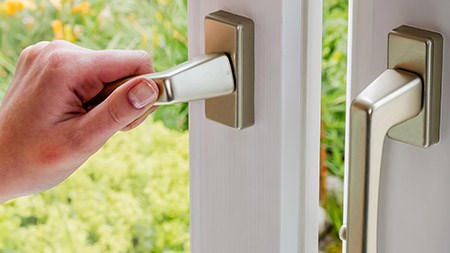While hurricanes, tornadoes and other extreme weather conditions do not factor into the average South African’s thoughts, the fact that the world seems to be facing a barrage of devastating disasters has, once again, highlighted the need for home owner’s insurance that covers every eventuality, says Adrian Goslett, the CEO of RE/MAX of Southern Africa.
Although South Africa may not yet have felt the full effects of climate change, floods, fire and other natural phenomenon do occur and it is vital for homeowners to check that their household insurance covers both the property and its contents fully in order to be adequately protected if disaster strikes.“Unfortunately, during an economic downturn home owners often look for ways to save money and resort to cutting back on insurance cover. This decision can prove to be very costly. Household insurance is not a luxury and should be the last thing that homeowners consider reducing.
As was seen during the recent flooding in the North West, natural disasters can be and often are devastating and the chances of homeowners who did not adequately insure their homes ever recovering are slim.”Goslett says that it is for this reason that even if homeowners have insurance in place, policies have to be revisited annually to ensure that the property continues to be adequately insured. Insurance companies regard it as the homeowner’s responsibility to ensure that they have the correct amount of cover in place. “It is vital to remember that when valuing a home for insurance purposes the amount insured must reflect the replacement value of the home and not market value.”The easiest way to achieve a replacement value is by measuring the square meterage of the home and then consulting a local builder who can tell you how much it currently costs to build a property. Improvements such as swimming pools and air conditioners must be taken into consideration.
“Generally speaking, owners should take these costs and add an additional 15% to that amount to cover the replacement value,” says Goslett.Homeowners often do not insure the property to its correct value. Dealing with the catastrophic loss of a home can be, and often is, overwhelming. Having to deal with emotional issues as well is a cold hard reality when the insurance you have in place will not cover the loss of replacing your home.The other vital fact is checking to see whether your insurance covers every aspect. Goslett says that homeowners should ensure that they are insured against every eventuality including fire, flooding, lightning strikes and ground movement.“Although it is human nature not to want to think of the worst-case scenario, unfortunately, when it comes to insurance, this is exactly what home owners have to do. Disaster often strikes out of the blue and homeowners need to be prepared for every eventuality at all times,” Goslett concludes.



